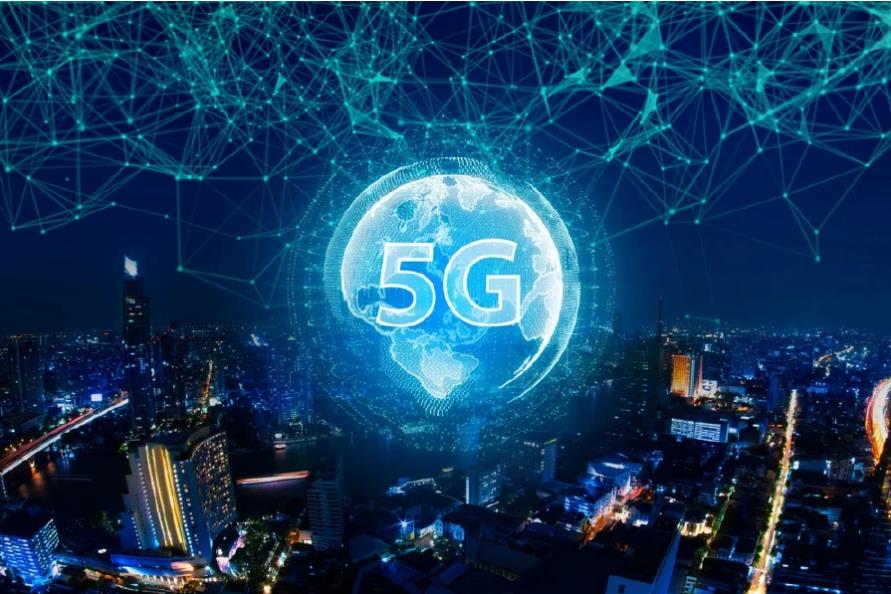Malaysia appoints Sweden's Ericsson to build 5G network at lower cost of RM11bil

By NST Business - July 2, 2021 @ 9:13am
KUALA LUMPUR: Digital Nasional Bhd (DNB) has appointed Sweden's Ericsson unit Ericsson (Malaysia) Sdn Bhd to design and build the national 5G network at a total cost of RM11 billion.
This ended a rigorous tender exercise initiated in March that reportedly attracted eight bids from Nokia, Huawei, ZTE, Samsung, NEC, Cisco and Fiberhome, besides Ericsson.
The RM11 billion cost of the 5G infrastructure development is much lower than the previously budgeted cost of RM15 billion.
DNB, the government-owned special purpose vehicle (SPV) that is undertaking the deployment of the 5G infrastructure and network nationwide, said Ericsson had undertaken to arrange financing for the supply, delivery and management of the entire 5G network.
MORE NEWS
Bursa Malaysia opens lower
Bursa Malaysia opens lower
Bursa Malaysia opens lower
Bursa Malaysia opens lower
On the other hand, DNB will securitise future cash flows from its wholesale business via sukuk programmes to finance all other network operating expenditure and to repay all the vendor financing arrangements.
DNB, in a statement, said the revised cost included tower rental and fibre leasing, of which more than 60 per cent was expected to benefit Bumiputera and other Malaysian contractors over the next 10 years.
"Ericsson will undertake the design and development of the end-to-end 5G network comprising core, radio access and transport network (RAN), operation and business support systems (OSS/BSS) and managed services.
"Ericsson will also undertake capacity building and innovation programmes to support local vendor development and participation, as well as to boost 5G adoption among the public. This is in addition to developing use cases to accelerate industry participation," it added.
DNB chairman Datuk Asri Hamidon said the plans remained on track as the 5G network and ecosystem were scheduled to be launched by end-2021 in Kuala Lumpur, Putrajaya, and Cyberjaya.
By 2022, Asri said DNB would start deploying 5G to five major cities and districts in Selangor, Penang, Johor, Sabah and Sarawak, and thereafter, nationwide to cover 17 cities as well as rural areas from 2023.
"The goal is to bring about inclusive prosperity to the rakyat through 5G connectivity. We achieve this in two parts: the first is through the immediate impact on the local vendor ecosystem.
This is amplified by Ericsson's committed value-creation activities in Malaysia's knowledge economy through varied initiatives such as 5G-related knowledge building and technology transfers, which is estimated at a value of RM4 billion over the period of the contract."
The second was to achieve significant coverage by making available 5G services in the targeted areas by end-2021, and achieving the 80 per cent population coverage goal by 2024, he added.
Ericsson president and chief executive officer Börje Ekholm said his team was delighted to partner with DNB for the deployment of 5G in Malaysia.
The company had brought leading 5G solutions and global experience in deploying 86 live 5G networks, as well as strong market knowledge, having been part of shaping the information and communication technology industry in Malaysia since 1965, he said.
"As a platform for innovation, 5G will also enable Malaysian entrepreneurs to create future applications for the benefit of consumers and businesses in the country. To this end, we will collaborate with DNB on a 5G Experience and Innovation Lab, to fast track the adoption of 5G use cases," Ekholm said.
DNB chief executive officer Ralph Marshall said the company would collaborate with mobile network operators to identify key verticals, to co-create unique, resilient, and proprietary applications for the consumer, enterprise and government segments.
"At the same time, we will provide infrastructure and technology services to support and enable businesses as well as government capabilities, open new opportunities, and most importantly, meet changing customer needs.
"The focus will be to serve three key service offerings namely enhanced mobile broadband, ultra-reliable, low latency communication and massive machine type communications targeted at Malaysia's industries such as oil and gas, ports, airports, government services, healthcare, power and utilities, manufacturing, banking and finance, education, retail, and agriculture," he added.
